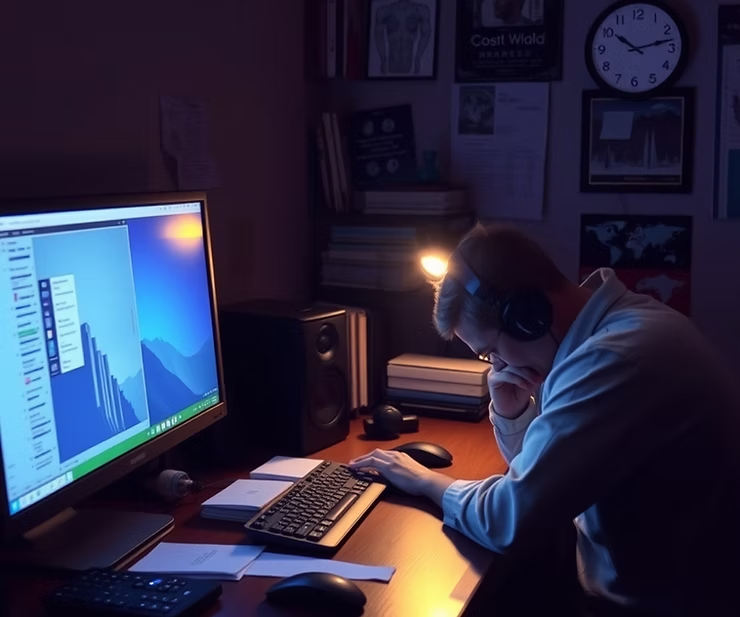
When it comes to treating mental health conditions, there is no one-size-fits-all solution. At Seaside Psychiatry, we recognize that every individual’s journey is unique. For some, therapy alone provides the tools and strategies to improve daily functioning and emotional well-being. For others, medication helps regulate mood, reduce symptoms, or balance brain chemistry. But research and clinical experience have shown that combining therapy with medication often leads to better, longer-lasting outcomes than either approach alone.
Understanding the Role of Therapy
Therapy gives individuals the opportunity to openly discuss their thoughts and emotions in a supportive environment. Through guided conversations, people can gain insight into unhelpful patterns, develop healthier ways of thinking, and practice coping techniques that fit their specific needs. Approaches such as cognitive behavioral therapy (CBT), psychodynamic therapy, and interpersonal therapy are designed to strengthen resilience, improve relationships, and provide tools for managing life’s challenges more effectively.
While therapy can lead to meaningful progress, symptoms of depression, anxiety, or other mental health conditions can sometimes be overwhelming and interfere with the process of healing. This is where medication may provide essential support.
How Medication Supports Recovery
Medication can help stabilize symptoms by addressing the underlying neurochemical imbalances that contribute to conditions like depression, anxiety, bipolar disorder, and ADHD. For many, medication makes it easier to engage in therapy by reducing the severity of symptoms such as fatigue, difficulty concentrating, or persistent sadness. By alleviating these barriers, individuals can fully participate in therapeutic sessions and apply the skills they learn more effectively in everyday life.
The Power of a Combined Approach
When therapy and medication are used together, they complement each other:
• Medication provides symptom relief, allowing individuals to feel stable and more receptive to therapy.
• Therapy equips individuals with long-term coping strategies, helping them address root causes and build lasting resilience.
• Together, they address both the biological and psychological aspects of mental health, creating a more holistic treatment plan.
This integrated approach has been shown to reduce the risk of relapse, enhance day-to-day functioning, and promote sustainable progress over time.
Find the Right Balance with Seaside Psychiatry
Mental health care is most effective when it is personalized. For many individuals, combining therapy with medication offers the most comprehensive and supportive path to healing. By addressing both symptoms and underlying causes, this approach fosters long-term well-being and empowers individuals to lead healthier, more fulfilling lives.
At Seaside Psychiatry, we are committed to creating treatment plans that fit your unique needs. Whether you’re exploring therapy, medication, or a combination of both, our team is here to guide you every step of the way. Visit our office in Encinitas, California, request an appointment online, or call (858) 225-6168 today.




















